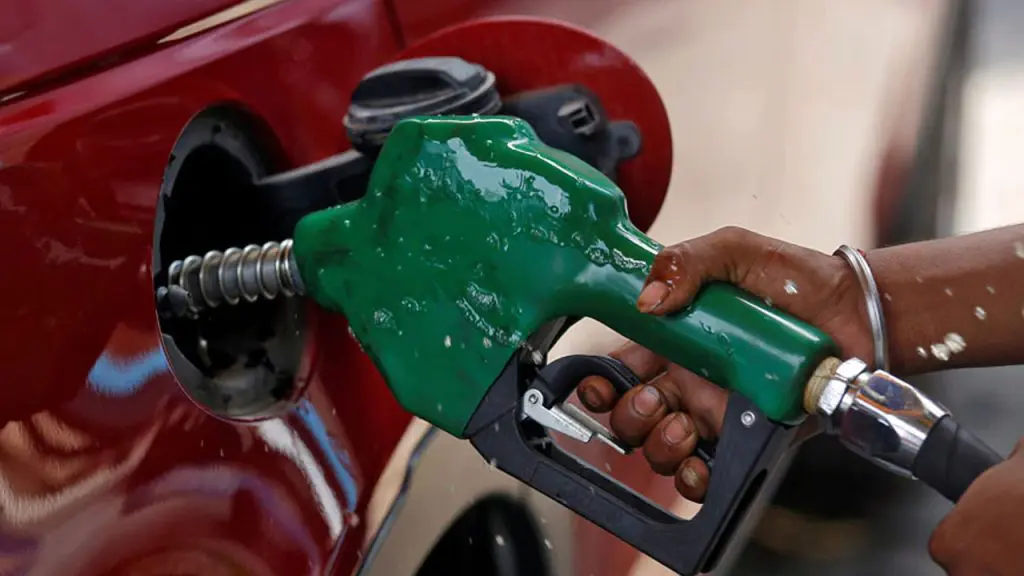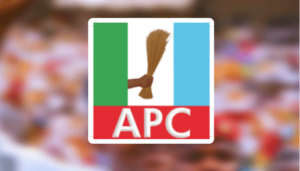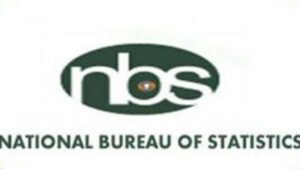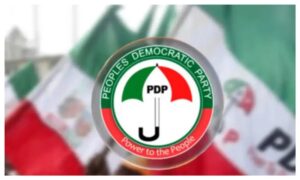As of today, December 23, 2024, petrol prices in Nigeria will drop to N935 per litre. This new price is a result of a recent agreement between the Independent Petroleum Marketers Association of Nigeria (IPMAN) and Dangote Refinery, which has adjusted its pricing structure to support a nationwide reduction in fuel costs.
According to IPMAN’s National President, Maigandi Garima, the Dangote Refinery will now sell petrol to marketers at a reduced ex-depot price of N899.50 per litre. With a logistics cost of N36, the retail price will be set at N935 per litre across the country. This adjustment marks a significant drop from the previous ex-depot price of N970 per litre.
The change is expected to be beneficial for both consumers and marketers. Over 30,000 IPMAN members are preparing to start lifting petrol from Dangote’s refinery, as well as from the Port Harcourt Refining Company, at the new price. Already, some filling stations in Lagos have reduced their petrol prices to between N950 and N980 per litre, and more stations are expected to follow suit.
This price reduction comes after a period of price hikes, which led to concerns that petrol prices would continue to rise during the festive season. However, the price competition between Dangote Refinery and NNPCL (Nigeria National Petroleum Corporation Limited) has led to a decrease in petrol costs, providing much-needed relief for Nigerian consumers.
Marketers are now able to source petrol from both Dangote and NNPCL refineries, allowing for more flexibility and competition in the market. This is expected to drive further price reductions, benefiting consumers who have been facing high petrol costs for months.
The Petroleum Products Retail Outlet Owners Association of Nigeria (PETROAN) is also joining the price reduction effort by partnering with MRS filling stations to distribute Dangote’s petrol at N935 per litre. Although prices may vary across different locations, the general trend is a decrease in petrol prices nationwide.
In addition, Dangote Refinery, which is now operating at 85% capacity, is expected to help stabilize fuel prices as it continues to ramp up production. This will further contribute to a more consistent supply of petrol across Nigeria in the coming months.
Overall, the reduction in petrol prices is a welcome development for Nigerian consumers, especially as the country approaches the holiday season. With lower fuel costs, Nigerians can expect some financial relief, and the competition between refineries is expected to lead to even better prices in the future.







